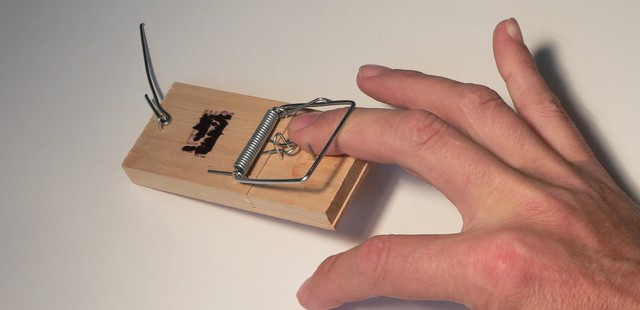
I’ve noticed lately that due to my propensity to schedule “heavy lifting” days and “light lifting” days that the heavy ones seemed to be getting heavier and the light ones not all that much lighter. When that happens, there’s the danger of burnout — and I’ve felt on the edge of it for the past few days. Signs of burnout for me vary from grinding my work day to a halt earlier than usual, fiddling with my task manager list and apps to better fit what’s current, and so on. But the biggest sign of burnout is what I like to call binge productivity.
Binge productivity occurs when you have large chunks of downtime followed by binges of hyper-productivity (or even hyper-scheduling). The tasks I complete when this happens are often low energy ones. That’s because I’ll fall into the habit of quantifying my tasks rather than qualifying my tasks, so the tasks that actually mean more on a grander scale don’t get touched while smaller tasks that can be done quickly and with less toll on me are completed. I wind up lulling myself into a sense of being productive when all I’m really accomplishing is “doing” productive. And that’s not good for the long haul.
So how do I get out of this trap?
Honestly, it took me a while to figure out the best way to escape. But when my scheduled time to complete my weekly review came up, that’s when it hit me. By reviewing what I’d done (and, more importantly, not done) over the past week it became clear to me that I’d been caught in the web of binge productivity once more. The review process help me conduct a mild reset and spread things out in a way where quality and quantity meshed in a beneficial way. I actually added some of my heavier lifting items to my light lifting days — but only after my wife and kids were in bed. I kept my Saturday as task-free as possible, meaning I could steer clear of my task manager until the next day if I so chose. 1
(If the review process doesn’t work on its own, you may have to complete an entire assessment of your priorities, projects, and workflow. I did that recently, and it was also helpful.)
David Allen has extolled the practice of the weekly review in his work, and beyond what it can do for your long-term productivity, it can actually help you get out of a case of binge productivity. That said, if you don’t actually schedule a weekly review time for yourself then it may just be one of the things that you let slide for checking that one email or other bit of minutia that you’re trying to get past.
Photo credit: winjohn via SXC.HU
1 Before you can do this, however, you need to set yourself up in a way that gives you the awareness to know you can steer clear of it. I can’t stress that enough.